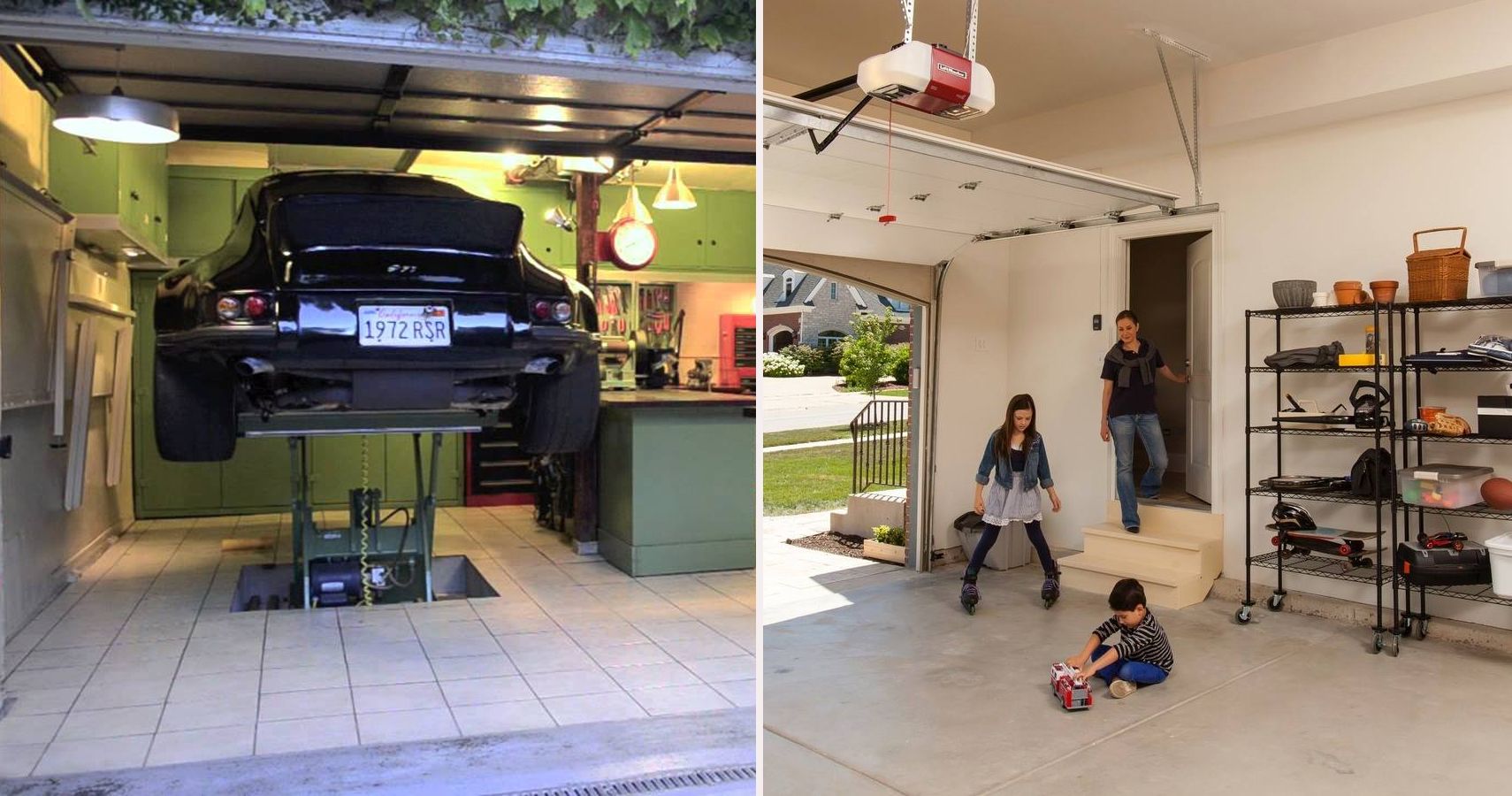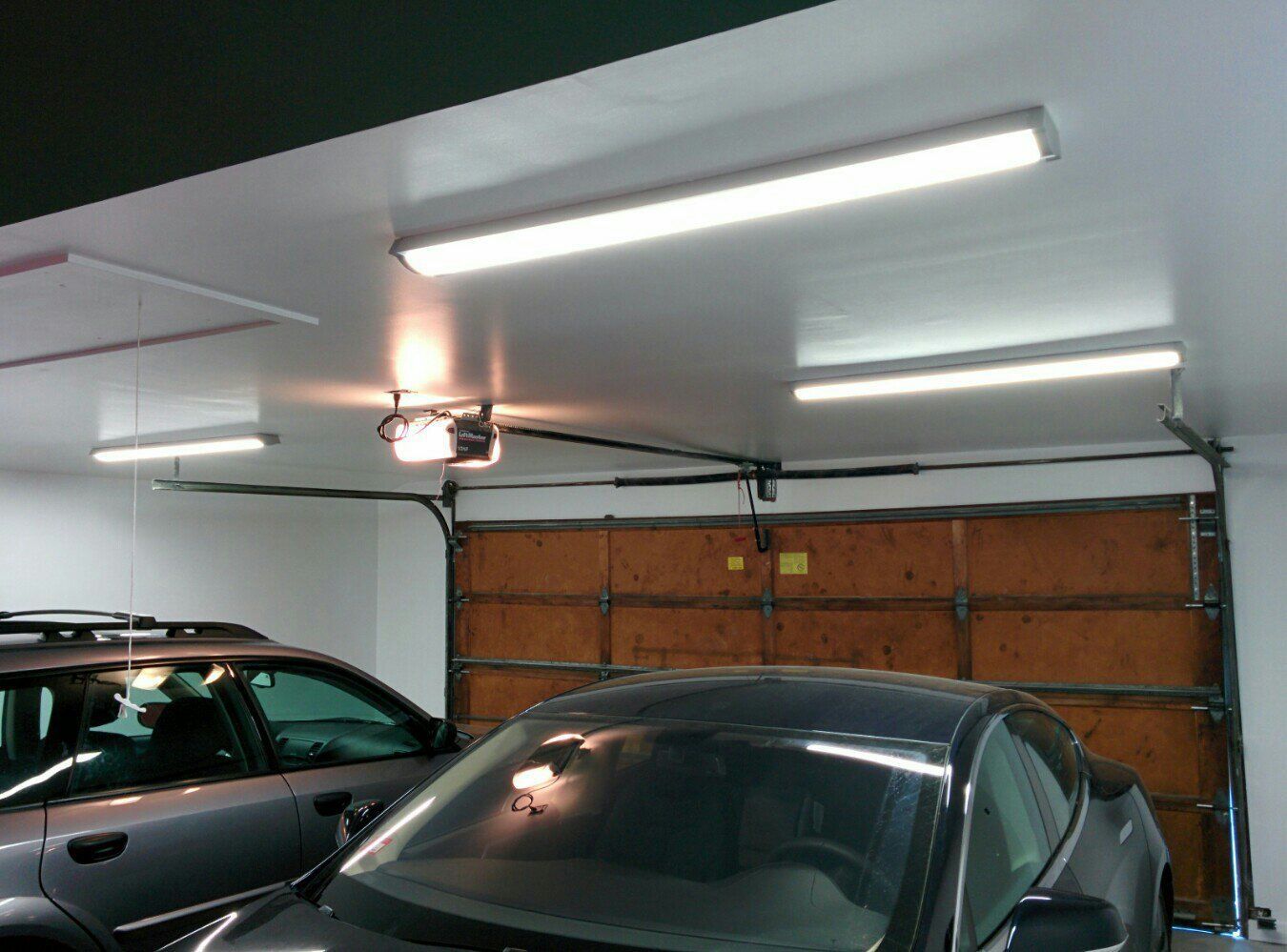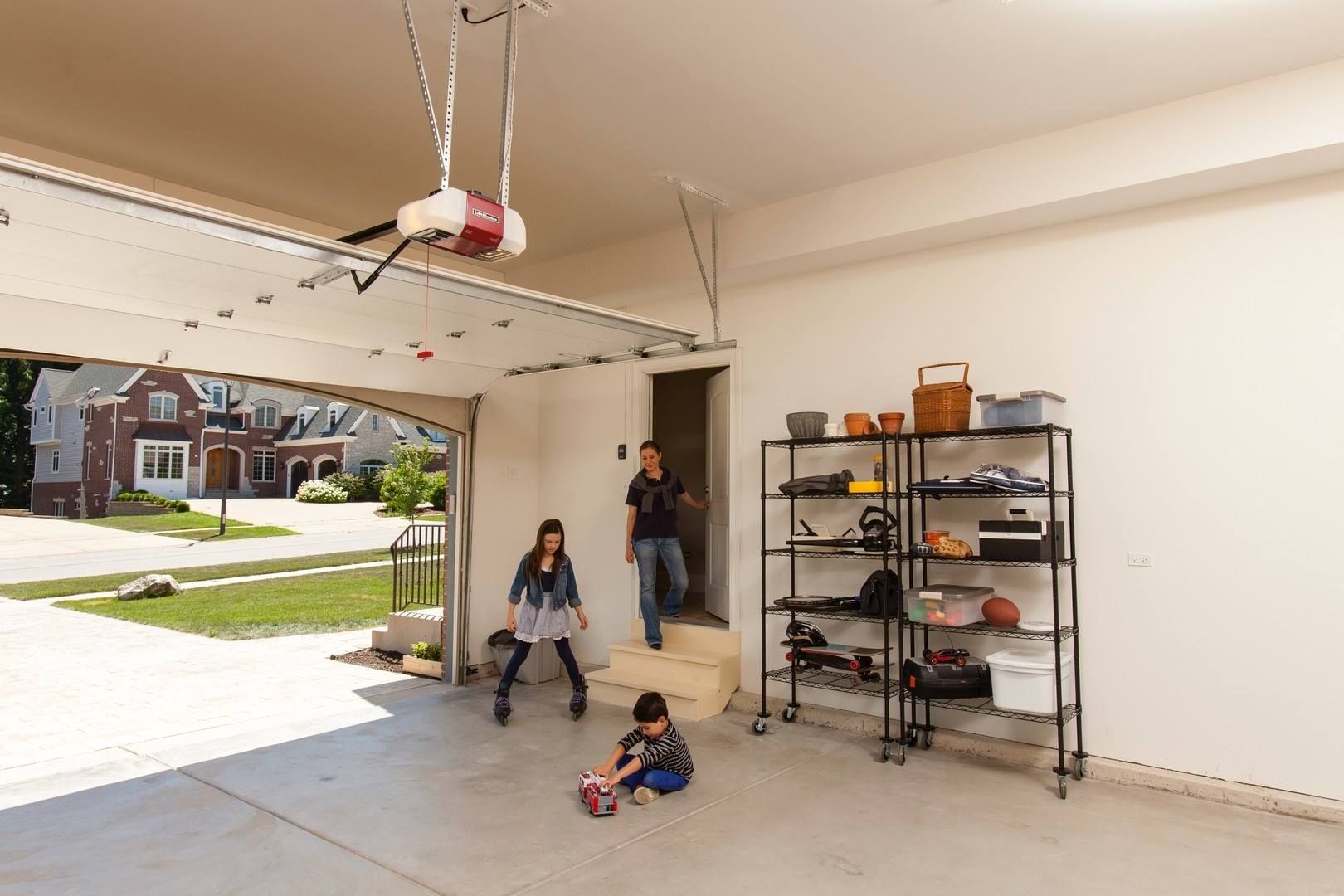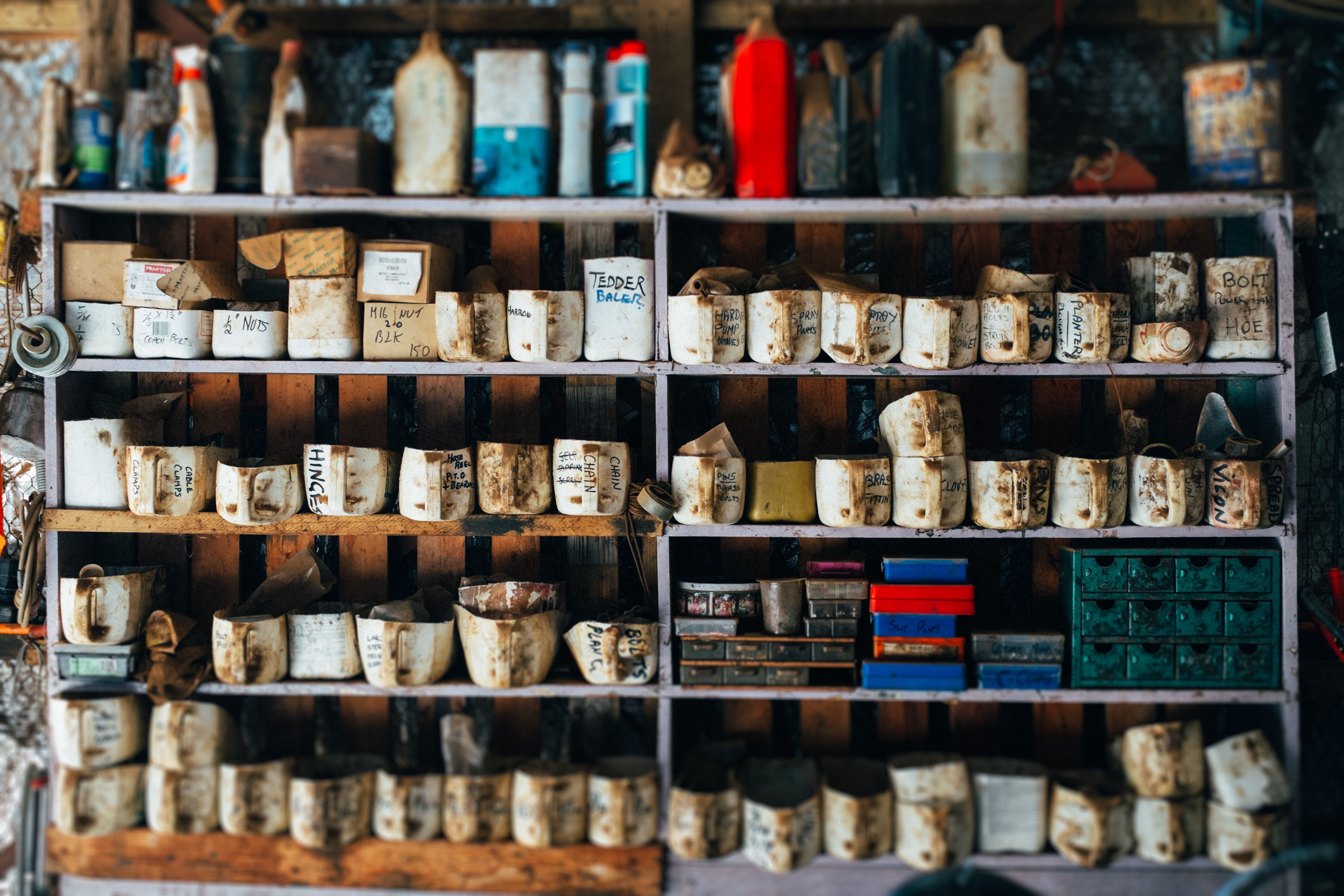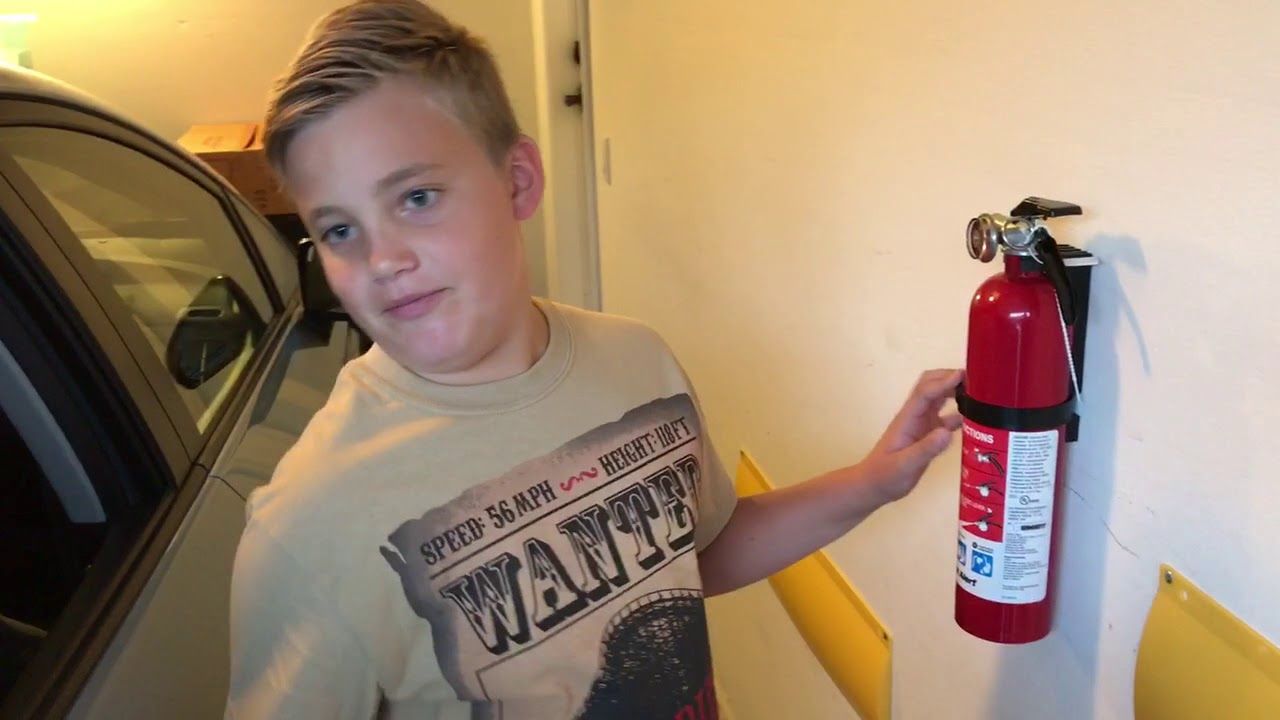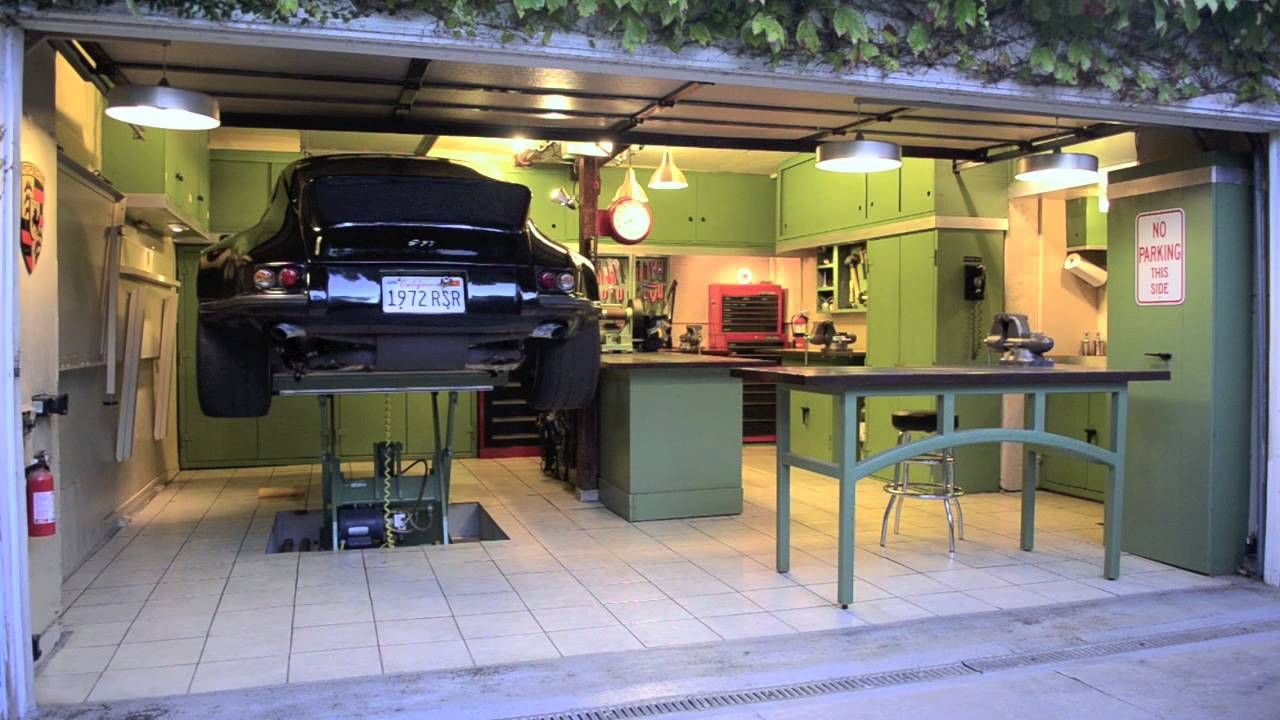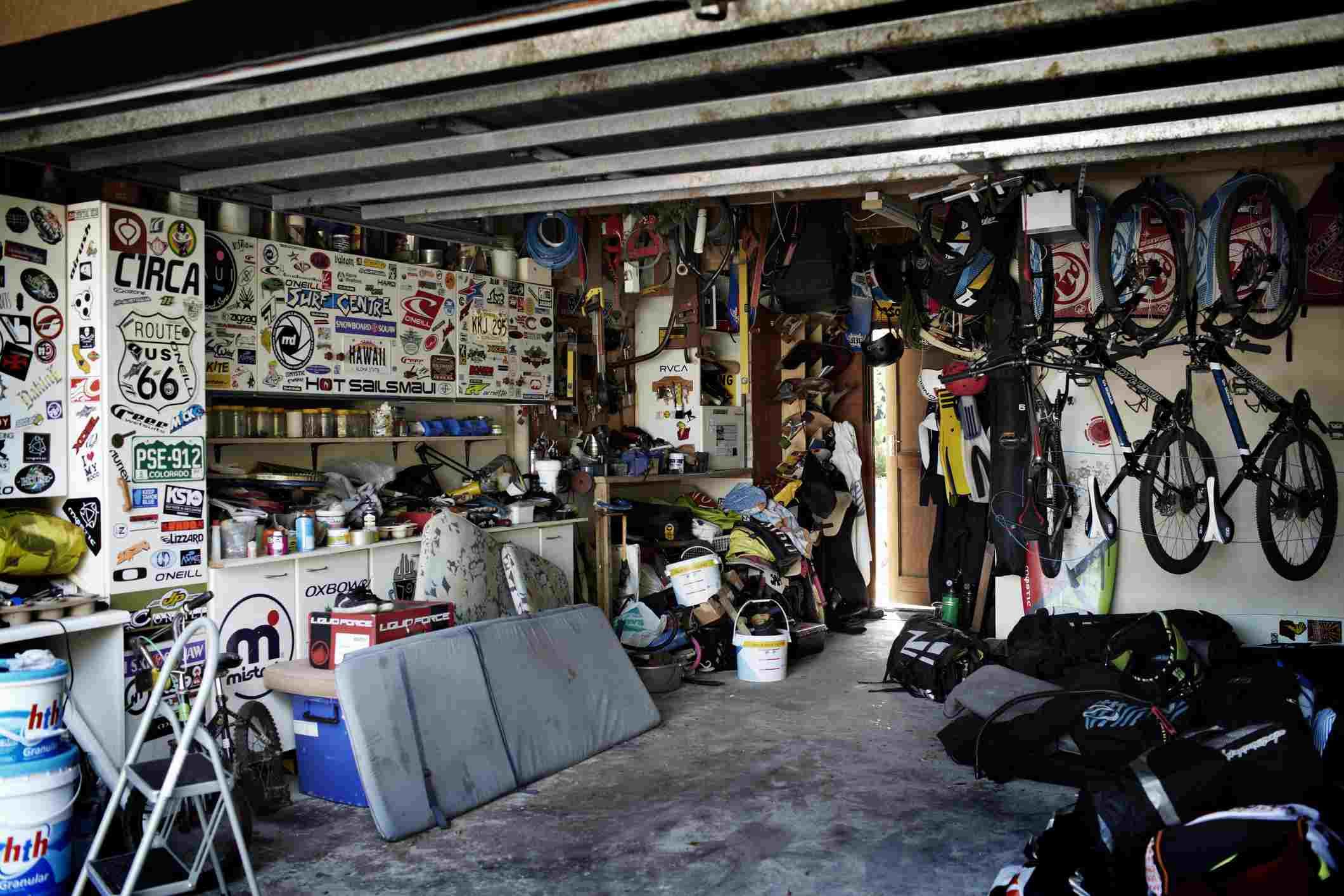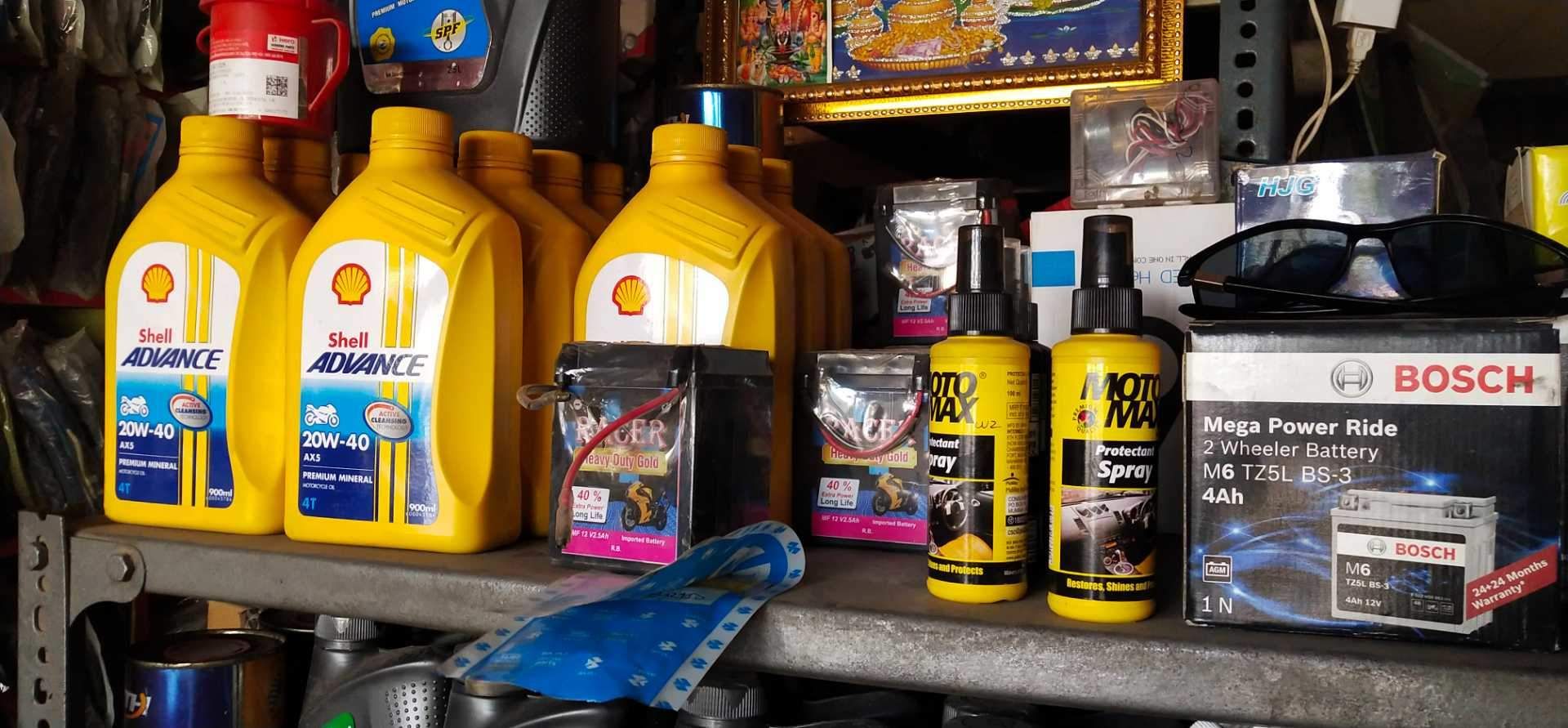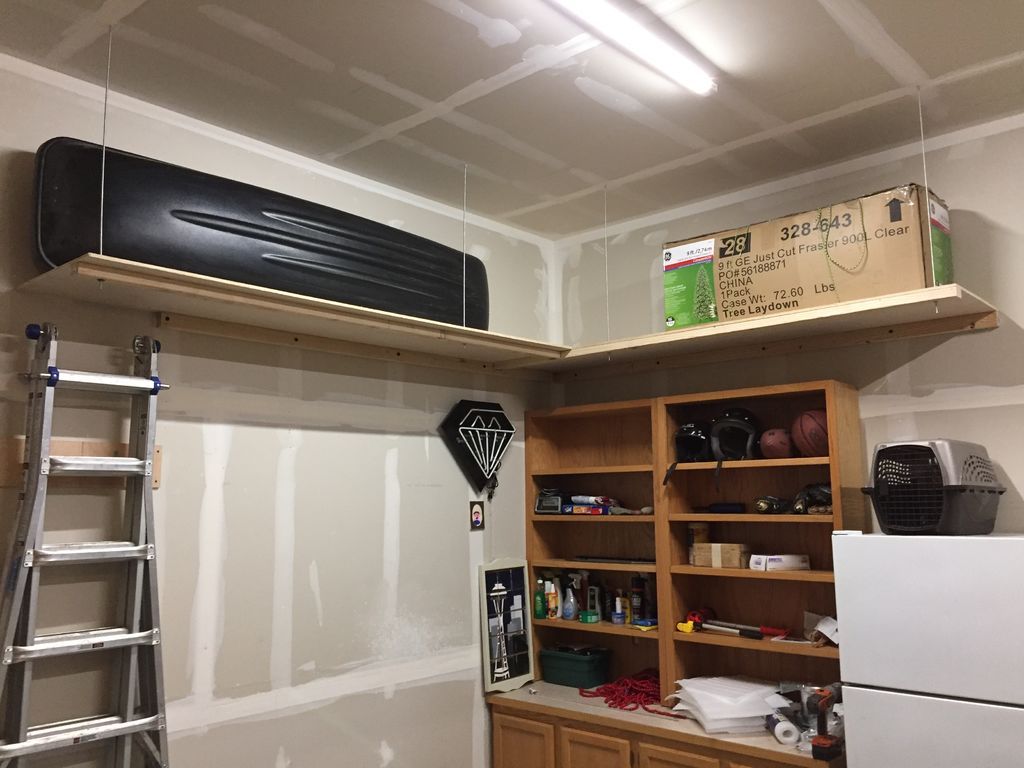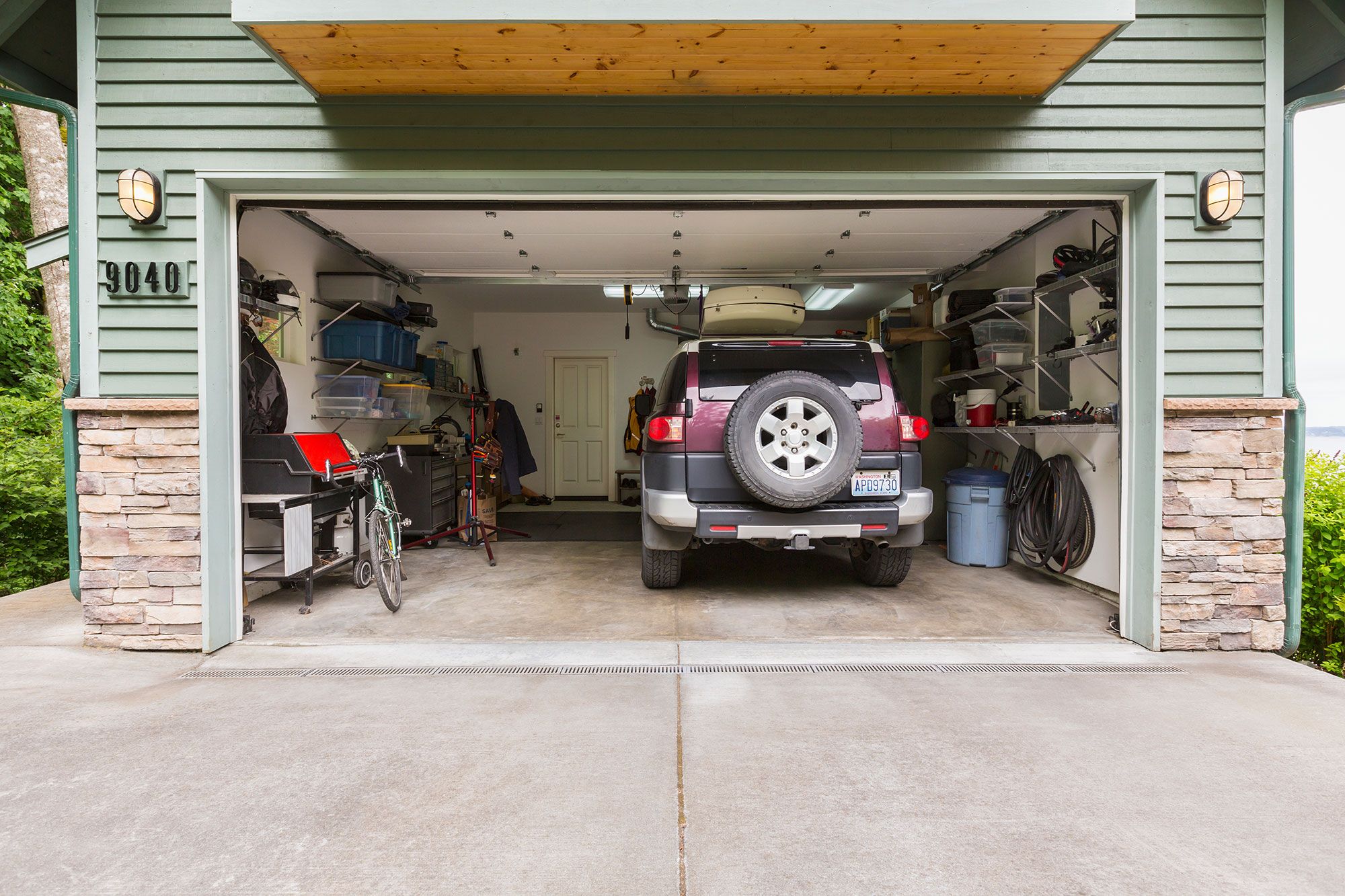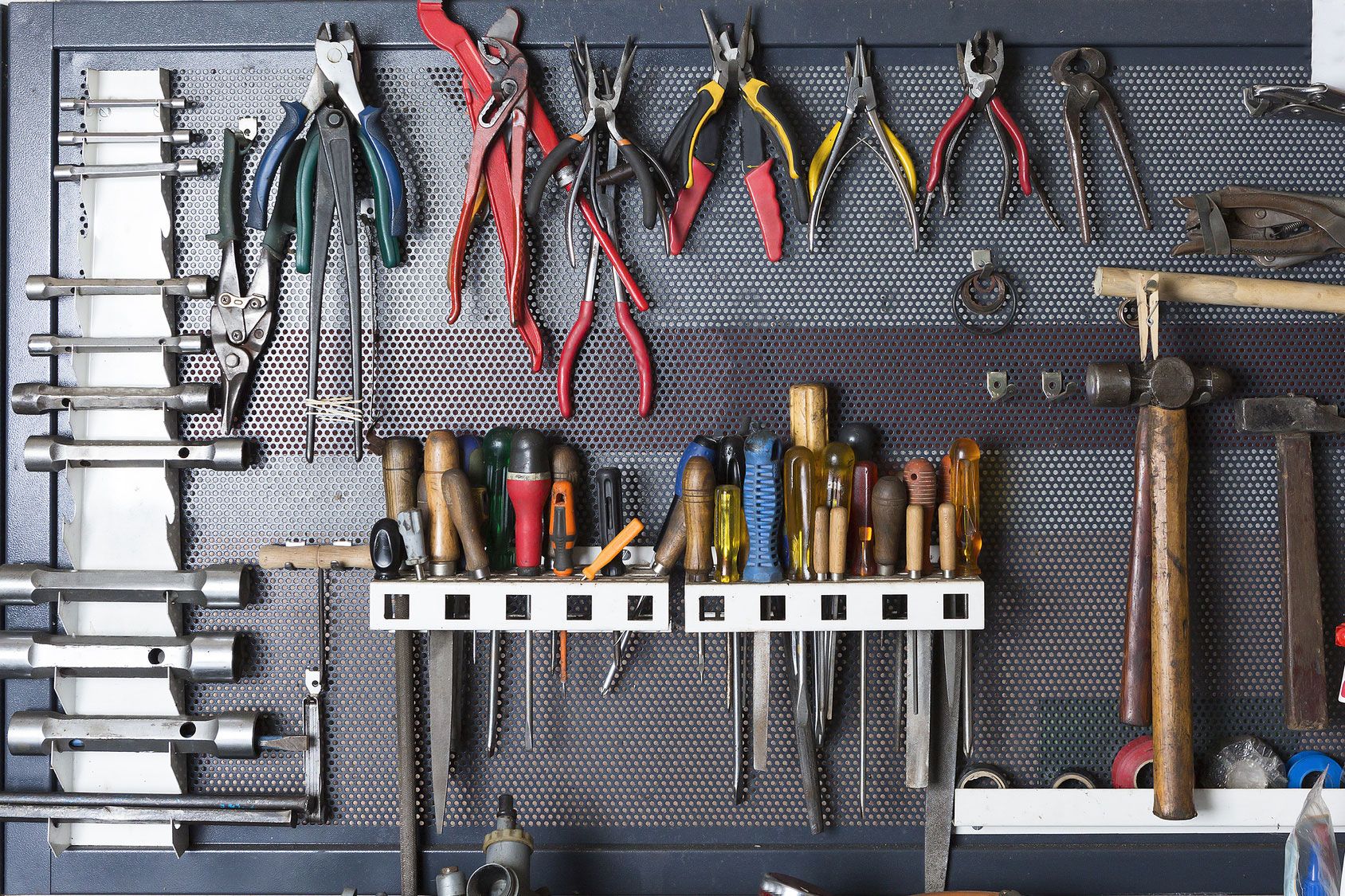Garages are designed to be a home’s most functional space. Depending on lifestyle and preference, garage space can be utilized for several purposes apart from just storing your vehicle. Garages are active spaces, so therefore, there’s a lot of effort and diligence required to keep them safe. Apart from housing cars, a garage is a home’s storage facility, often containing a host of assorted hazardous substances, such as oils, lubricants, paint, cans, flammable chemicals, and tools.
Furthermore, hazards are invited by vehicles, pets, children, or anyone who enters into the garage. It's important to understand the basics of garage safety. Here are ten safety tips for the garage everyone should know.
10 Improve Your Garage Lighting
You might not have thought about this, but it is essential to improve your garage lighting. While we hardly ever spend time in our garages, it’s important to improve its lighting conditions. Most garages rely on a flickering fluorescent light and few incandescent bulbs to illuminate the entire space, which is an outdated concept.
There are several ways you could upgrade your garage lighting, improving its functionality while at the same time, making it safer. Install modern LED light fixtures for a more uniform lighting experience as well as provide better energy efficiency. With better lighting, you will soon realize working with tools or finding a specific item becomes a lot easier.
9 Make Your Garage Safe
A lot has changed about garage door safety since the 1990s. For instance, remote door controllers each shared a single code, making them vulnerable to hackers. However, after 1993, a lot of companies decided to use rolling codes for their remote door controllers.
Since your Garage door is perhaps the largest moving object in your garage, its important to pay close attention to its functionality. Regularly inspect its springs and cables for wear and tear. Ensure the remote controllers are out of reach of children. Also, test your auto-reverse safety feature periodically; a rule of thumb is to check it monthly.
8 Chemical Clutter
For most people, their garage partly acts as a storage room where they store their fluids such as paints, lubricants, fuel, and many more. Avoid storing your products haphazardly. If you have leftover fluid and decide to store it in food or soda bottles, make sure they have large fonts labeling.
It's also important to check where you store your fluids and chemicals; some may erode when placed in mismatched containers causing liquid or fume leaks that may accidentally poison your pets, cause burns, respiratory problems, or even become a potential fire hazard. Children are adventurous; therefore, ensure your chemicals are stored in a high, unreachable space.
7 Fire Hazard Safety
Your garage has a lot of fire hazards, including chemicals, electrics, and fuels. Your vehicle is a potential fire hazard, and due to this, it is important to have a fire extinguisher at all times. If you are planning on starting a painting project on one or two vehicles in your garage, you need to kill all flames; this includes your pilot lights before you begin working.
Your natural gas water heater is a good example of a pilot light. If you don’t extinguish them before you start painting, chances are the atomized paint may explode coming into contact with an open fire, and the result is flames spreading through your entire garage.
6 Carjack Safety
It doesn’t matter what kind of jack you use; whether it is a floor jack or a hydraulic bottle jack, you can’t be 100% sure of its safety while working under your vehicle. Therefore, before you roll beneath your vehicle to work on something, supplement your jack with a set of quality ramps.
You could even use a good quality axle ramp just in case. Accidents happen, and jacks just like any other garage tool wear with time and drop while working beneath your vehicle. Check your jacks for wear and tear, always have support on your jacks regardless of their condition.
5 Control Garage Clutter
Having clutter in your garage doesn’t only make it hard to find items, but also prevents you from properly parking your vehicles in the garage. Having a lot of junk in your garage is a safety hazard. For instance, having clutter stacked up high could potentially fall and injure someone.
Too much clutter, such as chemicals, boxes, and magazines are flammable material that makes your garage a fire hazard. Having a lot of clutter on your garage floor could potentially trip someone, especially in low light conditions. Ensure your garage space is organized and free from clutter freeing up more space for use.
4 Dispose Of Unused Products And Chemicals
It's easy to turn your garage into a hoarding nightmare. Good car maintenance implies that vehicle owners should keep old or replace spares in case of future problems with the same parts. Over time, these parts will accumulate, leaving your garage looking like a junkyard.
A more organized practice is recording the part number, retail store purchases, warrant information and date changed, then disposing of the faulty product. Taking time to deal with what may be years’ worth of hazardous junk will help free up more space. Keeping junk will potentially attract rodents and other critters that can be harmful to children and pets in your household.
3 Ensure Your Storage Space Is Well Anchored
Proper organization and storage will ultimately free up more space for use. It’s important that your storage systems are also up to the task of handling heavy items that need storing. Therefore, ensure your garage storage systems are well anchored on your walls or ceiling to prevent accidental slips.
For instance, when storing your set of winter tires on a junkyard rack, calculate the total tire and rim weight and multiply by four to figure out the handling power of your storage mount. Overloading your storage systems could potentially lead to garage accidents, which could be fatal. Use heavy-gauge steel construction for your overhead racks. Also, ensure your wall mounts can handle the weight of the objects they support.
2 Carbon Monoxide Exposure
Regardless of the number of vehicles in your garage, carbon monoxide produced from your vehicle’s exhaust system poses a health risk. While regular starting and driving off will not affect you, leaving your vehicle idling in your garage for prolonged periods will significantly affect your health even if your garage doors are open.
If you are planning to idle your vehicle for a long time, ensure you do it outside or on your driveway. If you are doing maintenance on your vehicle, avoid running them for too long in your garage. Consider installing carbon monoxide detectors in your garage.
1 Keep Away Sharp Tools
In addition to ensuring the safety of your garage, ensure your power tools, handy, and sharp tools are safely stored. After a long day of working on your vehicle, you might be tempted to leave your tools out in the open, especially if you have pending work on your car. Tools with sharp edges become a garage safety hazard if they are left lying around carelessly.
Therefore, invest in a proper storage system that will allow easy storage of tools in an organized and safe manner. Investing in a slated storage system helps keep your floor clean and safe. Your pets or children could potentially get hurt around power tools left carelessly on your garage floor.

